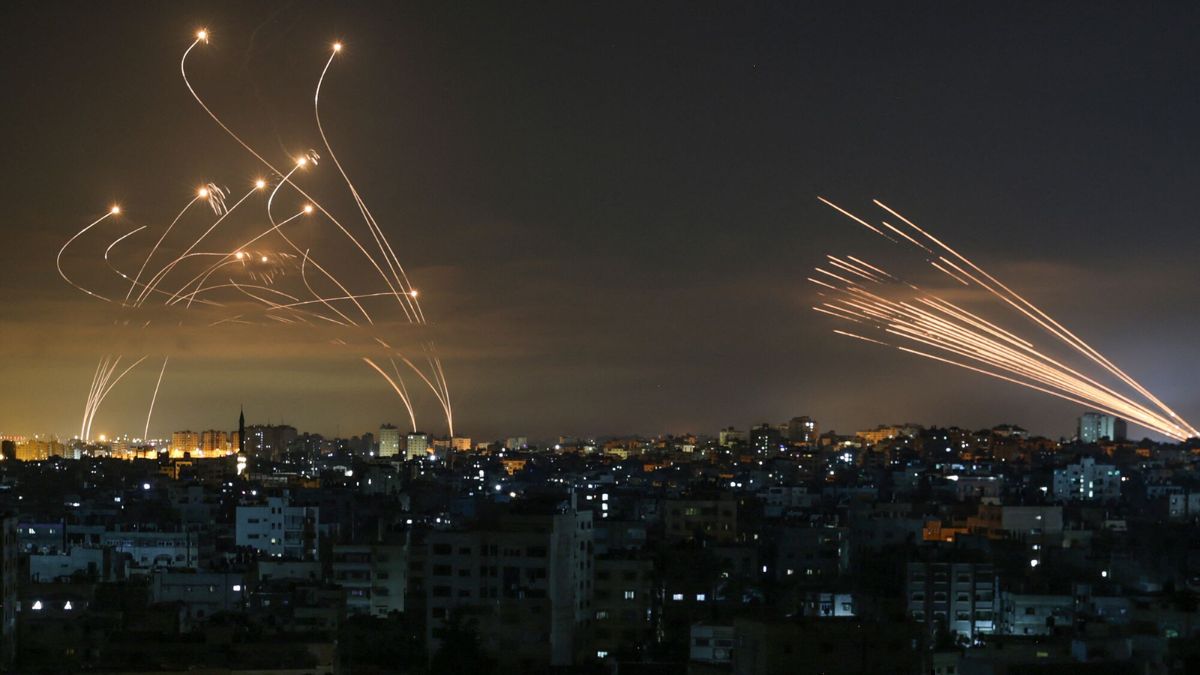) |
|
The recent escalation between Israel and Hezbollah, fueled by the killing of a Hezbollah commander in Beirut last month, has resulted in a tense standoff, but one that appears to have been effectively contained by Israel's preemptive strikes. Despite Hezbollah’s attempt at retaliation, Israel’s air force successfully neutralized a significant portion of the militant group’s missile arsenal, preventing a major conflict from erupting. This success is seen by some as a potential turning point in the ongoing regional tensions, offering a glimmer of hope for negotiations towards a resolution.
While both Hezbollah and Israel have chosen to present the situation as settled for the moment, the long-term implications remain uncertain. The significant displacement of civilians on both sides of the border, coupled with the economic strain resulting from the conflict, highlights the need for a lasting solution. The incident has also brought to light the complex dynamics of the region, where the conflict between Israel and Hezbollah is intertwined with the ongoing Gaza conflict and the wider geopolitical power struggle in the Middle East.
The possibility of a prisoner exchange agreement, specifically involving Israeli and foreign hostages held by Hamas, has emerged as a potential avenue for de-escalation. While Hamas has shown reluctance to negotiate a deal that allows Israeli troops to remain in Gaza, the success of Israel in thwarting Hezbollah's retaliation may embolden them to seek concessions from Hamas, potentially leading to a breakthrough in the negotiations. However, it is crucial to note that the path to a lasting peace remains arduous, with numerous stakeholders and competing interests at play. The current situation serves as a reminder of the fragility of the peace process and the constant threat of renewed conflict in the region.
Source: Israel's pre-emptive strike thwarts Hezbollah's missile ambush
